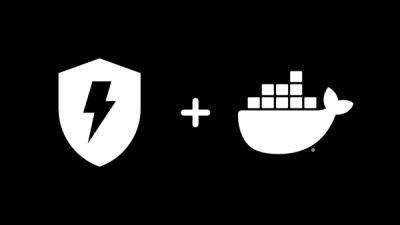Integrating MvcSiteMapProvider with StructureMap
To add MvcSiteMapProvider to your DI configuration,
add the following code to your composition root.
// Create the DI container (typically part of your DI setup already)
var container = new StructureMapContainer();
// Setup configuration of DI (required)
container.Configure(r => r.AddRegistry<MvcSiteMapProviderRegistry>());
// Setup global sitemap loader (required)
MvcSiteMapProvider.SiteMaps.Loader = container.GetInstance<ISiteMapLoader>();
// Check all configured .sitemap files to ensure they follow the XSD for MvcSiteMapProvider (optional)
var validator = container.GetInstance<ISiteMapXmlValidator>();
validator.ValidateXml(HostingEnvironment.MapPath("~/Mvc.sitemap"));
// Register the Sitemaps routes for search engines (optional)
XmlSiteMapController.RegisterRoutes(RouteTable.Routes);
For more help consult the StructureMap documantation at
http://docs.structuremap.net/RegistryDSL.htm
IMPORTANT: KEEPING YOUR DI CONFIGURATION UP TO DATE
Making MvcSiteMapProvider depend on DI is a bit of a double-edged sword.
While this makes MvcSiteMapProvider extremely easy to extend, it is
possible that new features added to MvcSiteMapProvider will cause
your existing DI configuration to break when doing an upgrade.
Unfortunately, NuGet doesn't have a way to automatically merge changes
into your DI modules - if you have changed your configuration in any
way, the module will be skipped when you upgrade. But then, the purpose
of giving you this code is so you can change it. For this reason,
when you upgrade your MvcSiteMapProvider version, you should also compare
your DI module to the corresponding module in the master branch to see if
there are any changes that need to be made to your configuration. The best
way to do this is to use some kind of diff tool (such as Beyond Compare)
to highlight the differences and assist with bringing the changes into
your configuration without overwriting your customizations.
Note that you don't need to merge in #if, #else, and #endif blocks inside
of the module, but only the code between them that applies to your specific
.NET and/or MVC version.
The latest module for StructureMap is located at the following location:
https://github.com/maartenba/MvcSiteMapProvider/blob/master/src/MvcSiteMapProvider/CodeAsConfiguration/StructureMap/DI/StructureMap/Registries/MvcSiteMapProviderRegistry.cs



